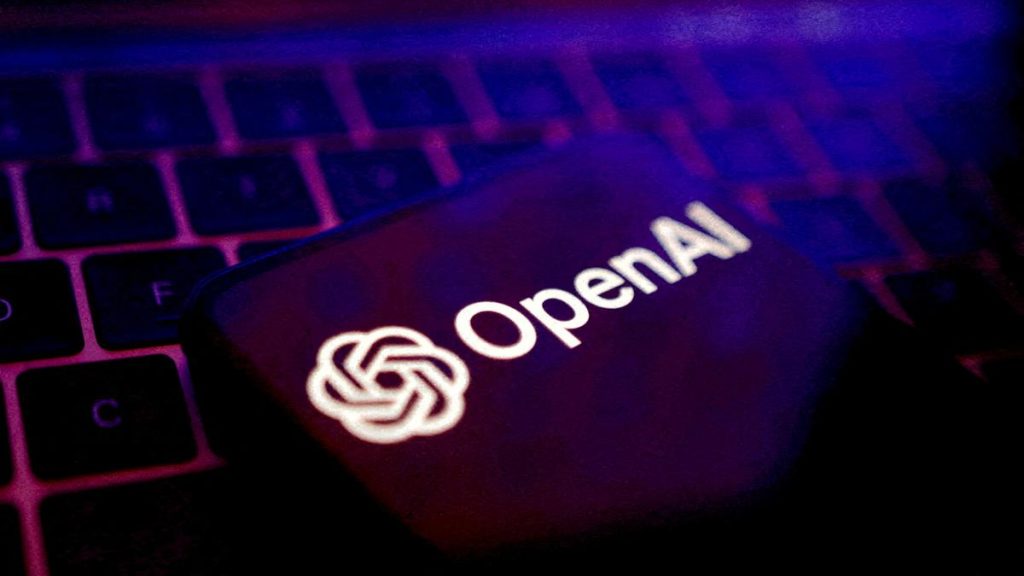What To Know
- The growing interest in advanced AI in India is an important indicator of how fundamental AI can become to all people regardless of their location or other factors, and we look forward to continuing to invest in this effort, said Sam Altman, CEO of OpenAI, in a press note.
- The government of India is working hard to accelerate the growth of AI in the country through the IndiaAI Mission to become a pole of the global artificial intelligence industry in the future.
- The company has already established a presence in Japan, Singapore and South Korea, and the India office further enhances its presence in Asia at a time when the region is playing an increasingly dominant role in the artificially intelligence (AI) arms race.
OpenAI has also announced to open its first office in India, where it will establish an operation in New Delhi as it plans to expand in Asia. The new action follows the launch of the company ChatGPT Go, also known as an economical plan with a payment of 399 rupees monthly (4.75$) to use ChatGPT Go offered to Indian customers.
Its New Delhi office will be the centre of building local partnerships, business engagements, developer relations, academic institutions and government agencies. The company already started grouping a team in India to enhance cooperation and make sure that the company adapts the AI products to the needs of the Indian users.
The growing interest in advanced AI in India is an important indicator of how fundamental AI can become to all people regardless of their location or other factors, and we look forward to continuing to invest in this effort, said Sam Altman, CEO of OpenAI, in a press note.
India, which is the second largest internet and smartphone market, is a major growth opportunity as OpenAI battles off competition like Google, Meta and Perplexity. Later this week, Perplexity partnered with Bharti Airtel to give their 360 plus million subscribers a year of Perplexity Pro- furthering competition in that market.
The growth is also accompanied by pressures of the challenges of the difficulties. OpenAI is under a persistent copyright challenge by Indian publishers, as well as the challenge of on-boarding free users to paid B2C subscriptions in a low-cost market.
Nevertheless, the government of India is working hard to accelerate the growth of AI in the country through the IndiaAI Mission to become a pole of the global artificial intelligence industry in the future. Indian IT Minister Ashwini Vaishnaw welcomed the entry of OpenAI saying it was a critical step toward building trusted and inclusive AI that help all its citizens.
The company has already established a presence in Japan, Singapore and South Korea, and the India office further enhances its presence in Asia at a time when the region is playing an increasingly dominant role in the artificially intelligence (AI) arms race.



